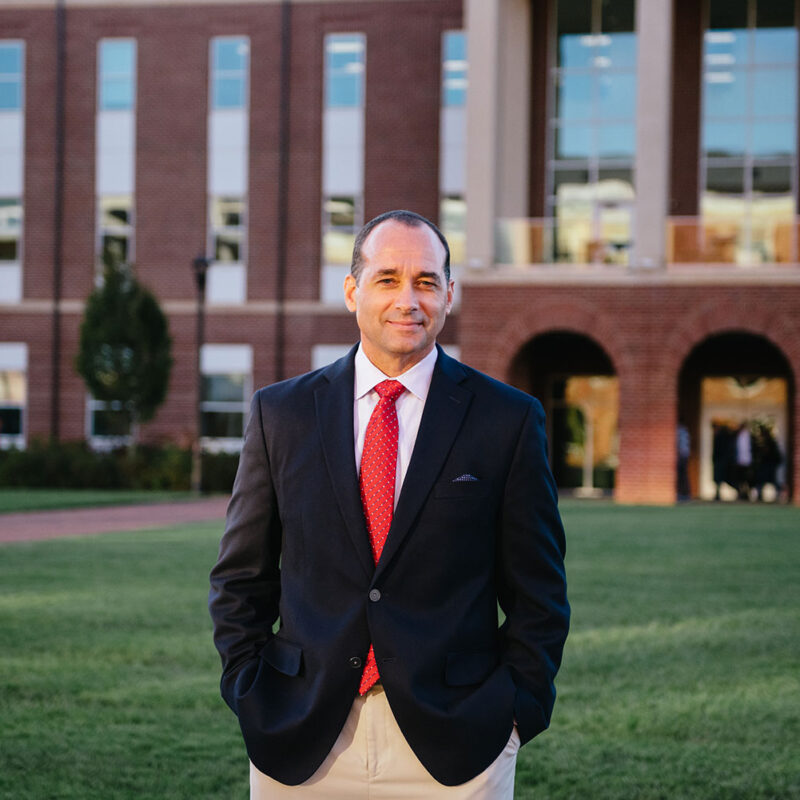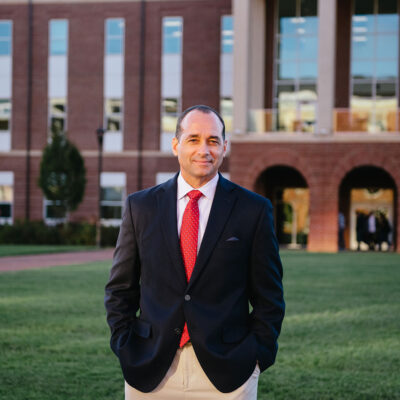There’s at least one good thing about the current recession from local government’s point-of-view: cheaper contracts.
With contractors growing hungry for work, more of them are competing for bids. Moreover, they tend to trim expenses to make their proposals more attractive. Bids for the Downtown Mall rebricking project, for instance, came in at least 10 percent under budget, according to Jim Tolbert, director of city Neighborhood Development Services, which could save the city $1 million.
That, combined with Barack Obama’s pledge to stimulate the economy with hundreds of billions for public works projects, makes this seem like the perfect time to start churning on capital projects.
But instead, both the city and county are cutting their capital improvement plan (CIP). The county’s oversight committee has recommended snipping $100 million out of the five-year plan, a 42 percent reduction. The city, meanwhile, is looking at spending $13 million less next year, a 45 percent cut from this year.
Why? Basically because it’s more politically palatable to cut jobs that haven’t been created rather than cut those that already exist. Localities have to trim somewhere. With revenue shortfalls from decreased retail sales and stagnant home prices, as well as from significant state cuts, both city and county already have hiring freezes in place. So the easiest place to make major reductions is the capital budget.
“From my perspective, there’s a balancing act,” says City Manager Gary O’Connell, “of trying to do some more major projects to get good prices versus how much debt we issue given the economy is changing so rapidly and dramatically.” O’Connell’s approach is to spend money on infrastructure while times are good, as in recent years, and to scale back now that there is considerable uncertainty about when the economy will turn around. To prepare for Obama’s stimulus package, the city is cobbling together a list of “shovel-ready” projects that the Feds could fund.
“I’m concerned about cutting our capital budget too much because it’s the easy thing to cut,” says City Councilor David Brown. Still, he’s dubious of adding debt during such a dreary economy. “I think it’s always a better position to be conservative and have a surplus.”
Over in the county, Supervisor David Slutzky has argued that Albemarle should set a tax rate that includes contingency funds to cover revenue shortfalls, increased costs of social services—and capital projects, which have the added benefit of creating jobs.
“I do believe that a $100 million cut in our capital budget is fiscally irresponsible, even if it means raising the tax rate to fund many of those projects,” says Slutzky. “I think it’s money well spent while costs are low.”
C-VILLE welcomes news tips from readers. Send them to news@c-ville.com.





